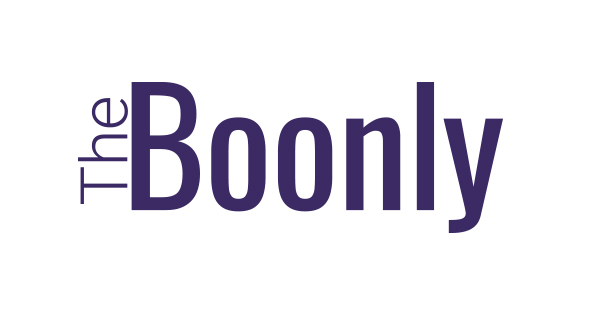On Rugged Flexibility With Brad Stulberg
04/10/2023

Interview Of The Week
Brad Stulberg is bestselling author of Master of Change and The Practice of Groundedness. He regularly contributes essays to The New York Times. He is an adjunct faculty at the University of Michigan’s School of Public Health. He lives in the Blue Ridge Mountains of Western North Carolina.
Today, we’re gonna talk with Brad about his new book Master of Change.
As he told us, “there is no denying that change really is the only constant. Life is change. Ever since I realized this, I’ve been trying to figure out how people can maintain strength and stability through life’s inevitable flux. The process of writing the book helped me rethink change and better navigate it, and I hope it does the same for you!”
Every insight in the book comes from years of identifying patterns across the latest neuroscience, to cutting edge work in psychology, to exploring how athletes, business professionals, creatives, teachers, executives, and parents excel during periods of change, disorder, and uncertainty.
Here is what Brad said about his favorite idea from the book.
1. If you had to choose just one idea/concept from your book that everyone should know about, what would that be?
BS: Rugged Flexibility: To be rugged is to be tough, determined, and durable. To be flexible is to consciously respond to altered circumstances and conditions, to adapt and bend easily without breaking. Put them together and you get a gritty endurance, an anti-fragility that not only withstands change but thrives in its midst.
2. Why is this idea important and how can it help us grow?
BS: In my research and reporting on change and uncertainty, I constantly found a pattern: skillfully navigating change – be it at the level of an individual, organization, family, community, or even an entire species – demands not ruggedness or flexibility, but ruggedness and flexibility. It’s an example of when non-dual thinking, or holding two competing ideas at the same time, is essential to understanding the world.
3. What existing beliefs or practices does this idea challenge and how?
BS: It challenges the notion that in the midst of change you need to default to one of two extremes. There is the be tough, be hard, be determined, exert your agency crowd and there is the be soft, be supple, go with the flow crowd. But the truth is, it’s not either-or. It’s both-and. Skillfully navigating change requires embodying both these orientations — sometimes even on the same day.
It may seem like a paradox to exercise agency while also embracing something new. But our modern era is rife with accelerating and intensifying transitions—from geopolitics to pandemics to wars to artificial intelligence. In order to reconcile and work through these rapid developments, we need to demonstrate rugged flexibility. It acknowledges that skillfully working with transformation requires strength and agency (ruggedness) and, at the same time, letting go of resistance, rigidity, and over-controlling (flexibility).
4. How can we use this idea in our day-to-day lives, or to see things in a new light? Can you think of any examples?
BS: We can practice rugged flexibility by separating what we can control about a situation from what we cannot, and then focusing on the former. We can ask ourselves: What core values or principles are central to our identities? What are the attributes we hold most dear? These are our sources of ruggedness. Then, we must accept the circumstances; see them clearly for what they are; and do everything we can to apply our core values flexibly—which is essentially the heart of successful evolution.
Consider, for example, a hard breakup in your personal life, like splitting from a partner or leaving a city you called home. These sorts of shifts can leave us disoriented. If your core values are “presence”, “authenticity”, and “health”, for instance, you can ask yourself what it would look like to practice them during the disorder period. What would a “present” person do to move forward? What would the “healthy” or “authentic” next action be? One way rugged flexibility manifests is as a strong confidence in our core values paired with a nimbleness in how we apply them.
If walking into change is, in many ways, walking into the unknown, then our core values give us a sense of stability as we go down paths — which, like it or not, is inevitable. Nobody escapes life without going through major changes.
5. Favorite quote from your book
“The way to stay stable through the process of change is by changing, at least to some extent. If you want to hold your footing, you’ve got to keep moving. Because after disorder, there is often no going back to the way things were — no one form of order, but many forms of reorder. Via this shift, you come to view change and disorder not as something that happens to you but as something that you are working with, an ongoing dance between you and your environment. You stop fearing change, which is to say you stop fearing life.”
